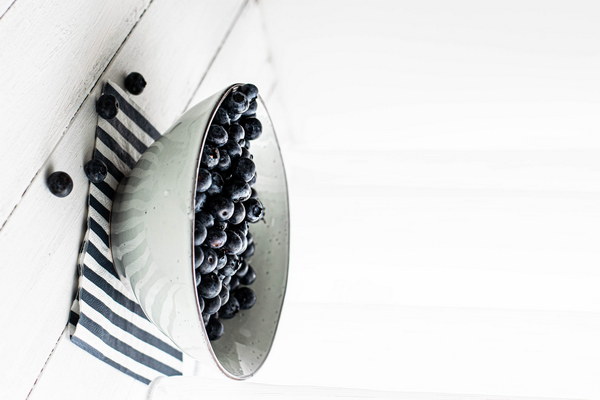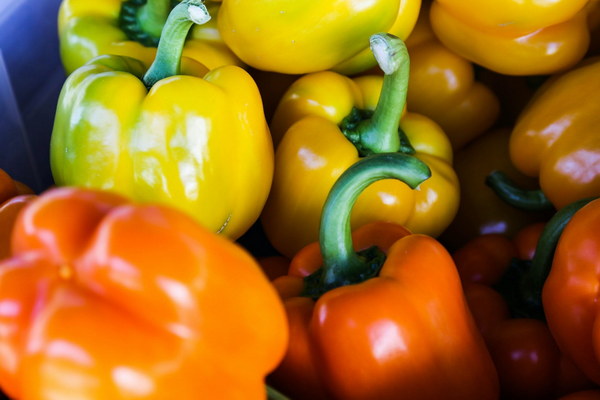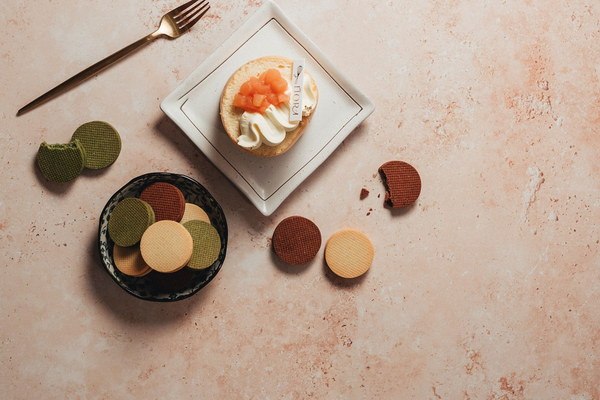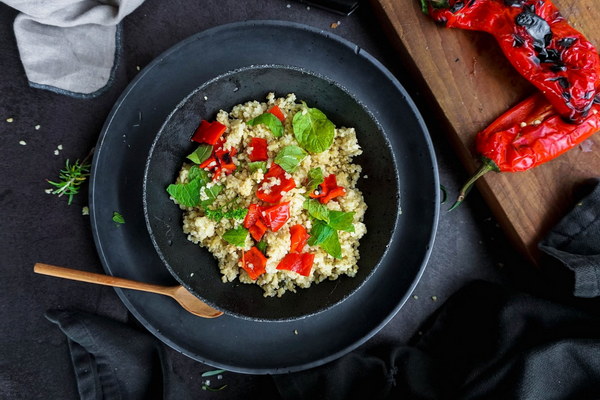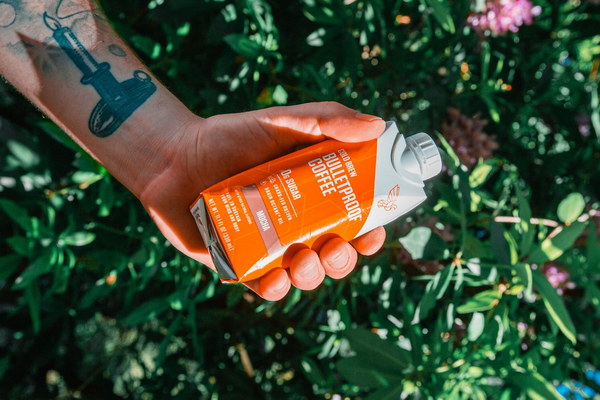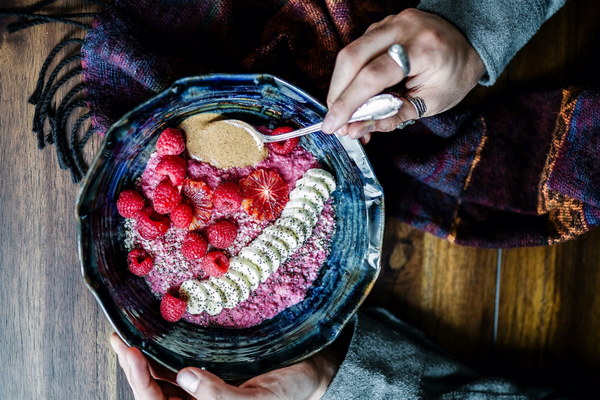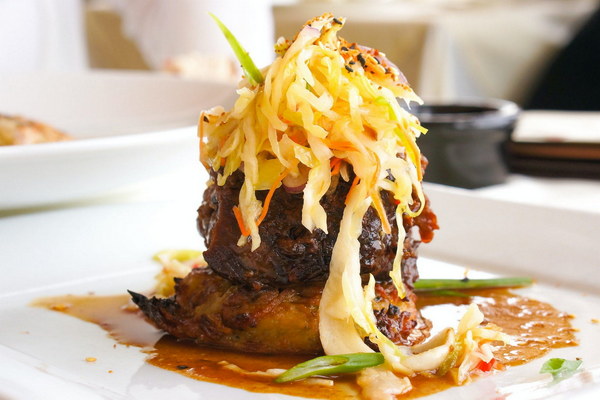Revitalize Your Vitality A Nutritional Journey to Boost Blood and Qi with Traditional Remedies
In the realm of traditional Chinese medicine, the concept of blood and Qi is fundamental to understanding the body's balance and overall health. Blood, or Xue, is the substance that nourishes the tissues and organs, while Qi, or Chi, is the vital life force that animates and sustains the body. When there is a deficiency in blood or Qi, one may experience a range of symptoms such as fatigue, weakness, and poor concentration. To combat these deficiencies, a tailored nutritional approach can be incredibly beneficial. Here, we delve into the world of blood and Qi tonics and explore the benefits of a targeted dietary strategy to revitalize your vitality.
Understanding Blood and Qi Deficiencies
Before delving into the specifics of the diet, it's important to understand the symptoms of blood and Qi deficiencies. Blood deficiency often manifests as pale or dry skin, dizziness, weakness, and hair loss. Qi deficiency, on the other hand, may present with symptoms such as chronic fatigue, shortness of breath, and a lack of mental clarity.
The Power of Herbs and Foods
Traditional Chinese medicine utilizes a vast array of herbs and foods to tonify blood and Qi. These natural remedies are believed to work by balancing the body's internal systems and promoting the production of healthy blood and Qi.
1. Goji Berries: These vibrant red berries are a staple in traditional Chinese medicine for boosting blood and Qi. They are rich in vitamins, minerals, and antioxidants, making them a nutritious snack or addition to smoothies.
2. Dong Quai: Often referred to as female ginseng, Dong Quai is a powerful herb that is believed to nourish blood and alleviate menstrual discomfort. It is often found in teas, tinctures, and capsules.
3. He Shou Wu: This herb is used to tonify the kidneys, which are believed to play a significant role in the production of Qi. He Shou Wu is commonly consumed as a tea or in supplement form.
4. Soy Products: Foods like tofu, tempeh, and miso are not only excellent sources of protein but also contain isoflavones that may help support blood and Qi balance.
5. Red Dates: Also known as jujube, these dried fruits are a rich source of iron, vitamins, and minerals that can help combat anemia and boost blood production.
6. Nourishing Soups and Stews: Incorporating ingredients like carrots, sweet potatoes, and meats such as chicken or beef can create warming and tonifying soups that support blood and Qi.
Creating a Blood and Qi-Boosting Diet
To create a diet that supports blood and Qi, consider the following guidelines:
- Increase Iron-Rich Foods: Incorporate iron-rich foods such as red meat, fish, poultry, beans, lentils, and green leafy vegetables to support red blood cell production.
- Incorporate Qi-Tonifying Herbs: Use herbs like Astragalus, Codonopsis, and Ginseng in moderation to boost Qi levels. These can be taken in supplement form or used in teas and soups.
- Prioritize Nutrient-Dense Foods: Focus on whole foods that are rich in vitamins, minerals, and antioxidants. This includes fruits, vegetables, nuts, and seeds.
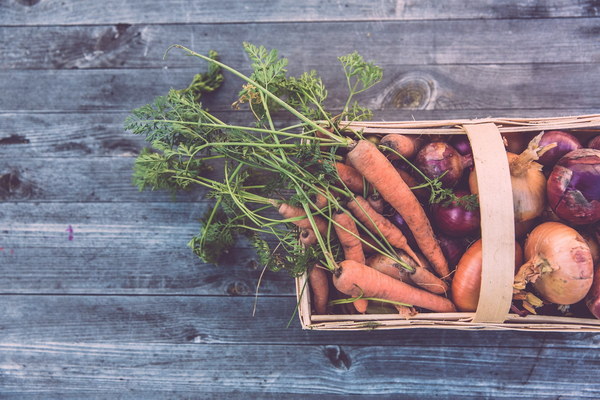
- Balance Your Diet: Ensure that your diet is balanced and varied, covering all food groups. This will provide a wide range of nutrients necessary for optimal health.
- Stay Hydrated: Proper hydration is essential for the production of blood and the circulation of Qi. Aim to drink plenty of water throughout the day.
- Consider Food Combinations: In traditional Chinese cuisine, certain foods are believed to complement each other, enhancing their therapeutic effects. For example, pairing meats with vegetables and herbs can create a more balanced meal.
Conclusion
By integrating blood and Qi tonifying foods and herbs into your diet, you can work towards restoring balance and vitality to your body. While it's important to consult with a healthcare professional before making significant changes to your diet or starting any new supplement regimen, embracing the wisdom of traditional medicine can offer a holistic approach to improving your health and well-being. Remember, the journey to vitality is a personal one, and it's about finding what works best for your unique body and lifestyle.

